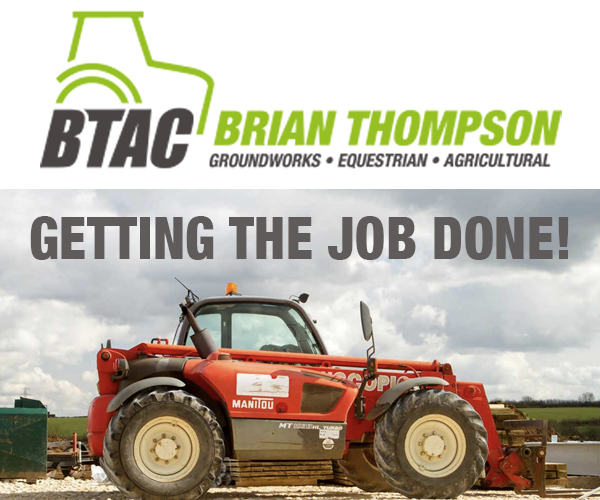• Resilience is key to improvements
• Pinpoints carbon capture potential
• Focus is on cost-saving practices
A soil strategy to help improve the resilience of arable farming systems has been launched by agronomy experts Agrii.
The strategy aims to help farmers adopt cost-saving practices that are more sustainable. Examples include reducing tillage without adding risk and reducing vulnerability to increasingly unpredictable weather.
From a business perspective, Agrii says the strategy will help growers determine how much carbon they can capture on their farms – and where they should focus any improvements for the greatest overall value.
The Green Horizons Soil Resilience Strategy was developed following studies with the UK Centre for Ecology & Hydrology. It was launched on 27 January at David Felce’s Midloe Grange Farm, near St Neots, Cambridgeshire.
Structured approach
Agrii describes the strategy as a carefully structured approach to improving soil resilience based on the best available science, a thorough understanding of soil management and sound practical advice and action.
“Our strategy employs a range of modern lab tests and hands-on, in-field appraisals to identify the current health of farmed soils,” said Agrii sustainability manager Amy Watkins at the Cambridgeshire launch.
Flexible packages of laboratory and field-based assessments are designed to suit every soil condition, farming system and farm need – with an expanding team of soil management advisers providing specialist support.
“With a good understanding of each farm’s particular objectives, needs and resources and practical soil management intelligence, [our advisers] work with growers to develop the most appropriate plans of progressive improvement action.”
Soil payments
As well as helping to improve farm sustainability, Ms Watkins said the strategy provided an ideal foundation for growers to make the most of soil standard payments available under the evolving Sustainable Farming Incentive.
Provided through Agrii agronomists and Rhiza specialists, the strategy starts with a soil health assessment involving broad spectrum nutrient, pH and organic matter testing. More detailed soil carbon measurements are then added.
The strategy offers a suite of in-field soil biology, structure and water management assessments – including the monitoring of worm activity, a visual assessment of soil structure, penetrometer, slake, aggregate stability and infiltration testing.
Carried out on a sample of fields representative of the farm as a whole or those posing particular management concerns – depending on individual preferences – the results of all these assessments are set out in easy-to-understand reports.

Key considerations top improve soil health
Trials and on-farm testing over several years have identified a host of critical considerations when seeking to improve soil resilience. They include:
• Selecting fields carefully based on individual grower needs
• Taking samples as representative as possible of field status
• Making biological assessments at the best time, ideally in spring
• Recording the weather at the time of each assessment
• Basing organic matter tests on the same proven process (preferably DUMAS)
• Adjusting for bulk density, chalk and stone content for accurate carbon accounting
• Following-up in-depth initial assessments with seasonal snapshots
• Re-testing every 3-5 years – ideally with active carbon monitoring in between
• Making assessments at the same time of year under similar conditions
• Knowing the cultivation and cropping history of the fields assessed
• Understanding the farm’s particular objectives and constraints
Growers switch to SFI to fend off weather woes
News Apr 2, 2024
You can push through, says young farmer
News Mar 5, 2024
New glasshouse facility at Riseholme Campus
News Mar 5, 2024
Government makes pledge on UK food security
News Mar 5, 2024
Big farmland bird count gears up for 2024
News Jan 31, 2024












